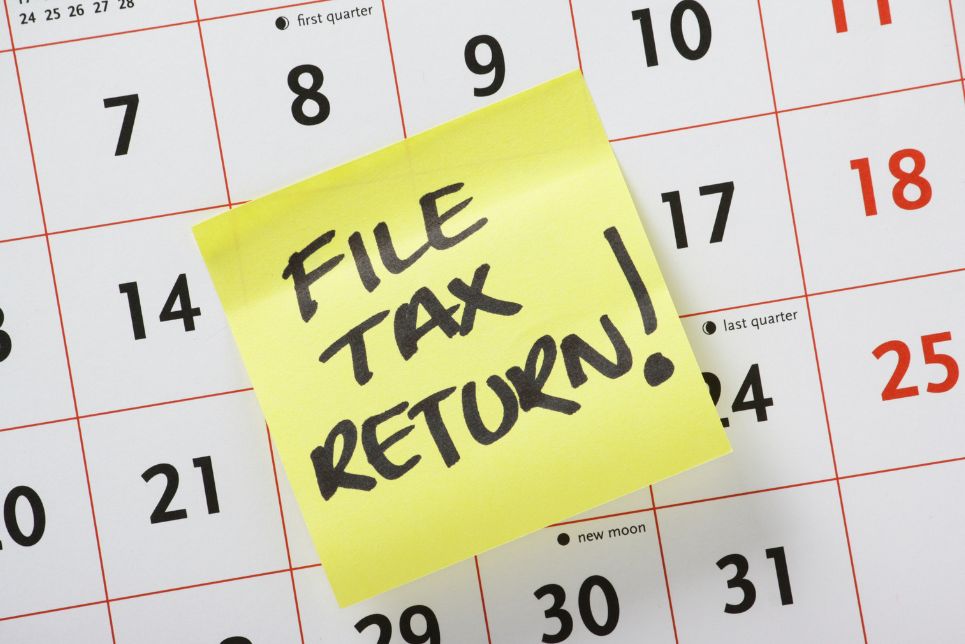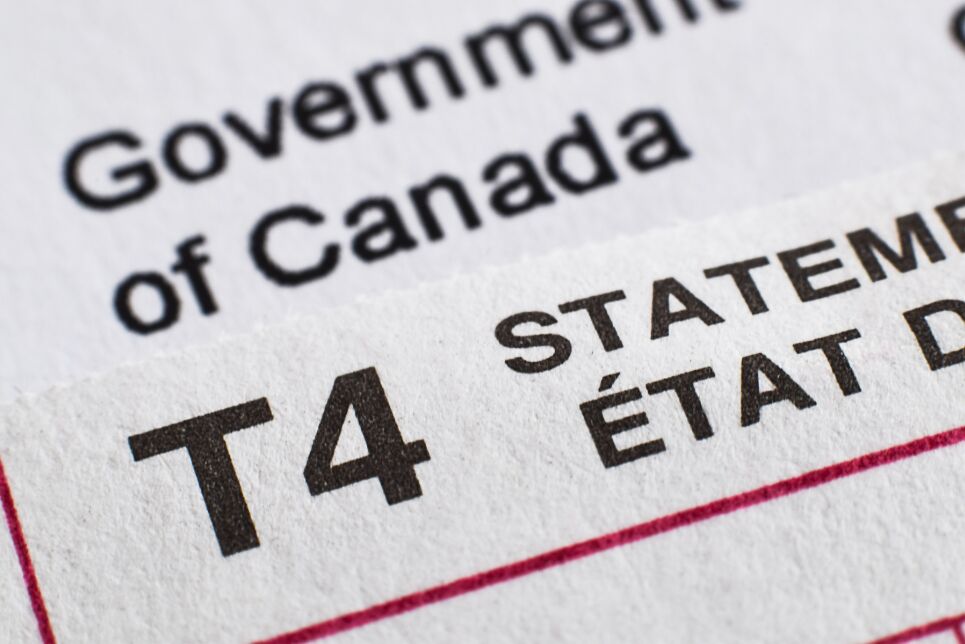Filing your 2024 Taxes: Updates for a Smooth Tax Season

Tax season is just around the corner, and it’s time to start thinking about your personal tax filing for 2024. Whether you’re a seasoned filer or tackling your taxes for the first time, staying informed about key updates and changes is essential to maximize your return and avoid potential pitfalls.
This year, there are several updates that may impact your filing.
In this blog, we’ll highlight some important things to keep in mind as you prepare to file your personal taxes, along with tips to simplify the process. As always, be sure to consult a tax professional for advice tailored to your unique financial situation.
When to File

The 2024 personal tax filing deadline for individuals is Wednesday April 30, 2025. For self-employed Canadians, the deadline is extended to June 16, 2025, but keep in mind that interest on any taxes owed will start accruing after April 30, 2025.
The earliest you will be able to file your 2024 personal tax return is on February 24, 2025, when CRA opens its EFILE service.
We recommend that our clients wait until April to file their personal tax returns to ensure they have all the necessary tax slips. For more information on when to expect various tax slips, check out our Understanding The Tax Slips from Your Investment Accounts article.
If you expect to owe taxes, it is strongly recommended that you file and pay your taxes before the April 30th deadline. Late filing penalties are 5% of the balance owing, plus an additional 1% for each full month that you file after the due date. In addition to the late filing penalty, interest starts accruing on the balance owed, based on the CRA prescribed interest rates. The prescribed interest rate as of today’s date is 8%.
Accessing Your Tax Slips

Most tax slips will be received in the mail over the next few months, and the Understanding The Tax Slips from Your Investment Accounts article will give you a good idea of when they may be expected.
However, as we have all experienced, sometimes those slips don’t make it to you or get lost in the sea of junk mail. If you are missing any tax slips, there are a few ways to find them:
Changes for the 2024 Tax Year
As you prepare for filing your 2024 personal tax return there are a few changes worth noting.
Miscellaneous Adjustments
As is done in most years, the CRA has made adjustments to the Basic Personal Amount as well as the federal tax brackets to account for inflation.
The Basic Personal Amount for 2024 is $15,705.
2024 tax brackets for BC individuals can be found here: 2024 BC Tax Rates
Changes to the Capital Gains Inclusion Rate

In 2024, the Federal government announced changes to the capital gains inclusion rates, effective for gains realized on or after June 25, 2024.
The capital gains inclusion rate has risen from 50% to 66.67% for corporations and trusts. For individuals, the 66.67% rate applies to capital gains exceeding $250,000 realized in a given year.
For individual taxpayers, the increased inclusion rate means that a larger portion of capital gains will be taxable. For example, a $500,000 capital gain would result in a taxable amount of $291,675 (50% inclusion on the first $250,000 and 66.67% on the remaining $250,000), leading to a higher tax liability.
For corporations and trusts all capital gains realized by corporations and trusts on or after June 25, 2024, are subject to the 66.67% inclusion rate.
As of January 31, 2025, the federal government is deferring the date on which the capital gains inclusion rate would increase to January 1, 2026.
Interestingly, the legislation to enact the changes has not been passed, and with plenty of uncertainty in Canada’s political landscape, there is a chance the changes will never be implemented. The CRA has specific guidelines on enacting tax change proposals and as such are treating the changes as implemented and are requiring taxpayers to file accordingly.
This situation underscores the importance of consulting with a tax professional to understand how the new inclusion rates affect your specific situation and to develop effective tax planning and tax filing strategies.
Short Term Rental Expense Deductions

The federal government announced that starting in 2024, taxpayers operating a non-compliant short-term rental, will no longer be eligible to deduct expenses associated with operating the short term rental.
Non-compliant short-term rentals would be those operating outside of the provincial or municipal laws, permits or licensing requirements.
For example if you have you rented a secondary suite on AirBnB in 2024 and your municipality has banned short term rentals, you will need to report all the income earned but will be unable to deduct the associated expenses.
We recommend reviewing the short-term rental regulations appliable to your region to ensure you are compliant. It could be as simple as obtaining a business license from the municipality to ensure you are properly licensed.
Summary
We hope this helps you prepare for the upcoming tax season.
As always, our team is always available to connect with any questions you may have. We also recommend consulting with a professional tax advisor for complex situations.
Our Team at Alitis
Our dedicated team at Alitis has over 250 years of collective industry experience. But what makes us unique is the high level of integrity that every team member brings to the table.
Along with experience and integrity, each team member at Alitis shares the same commitment to our clients. At the end of the day, we measure our success based on the success of you reaching your financial goals.
If you’re interested in investing with Alitis, let’s have a conversation:

